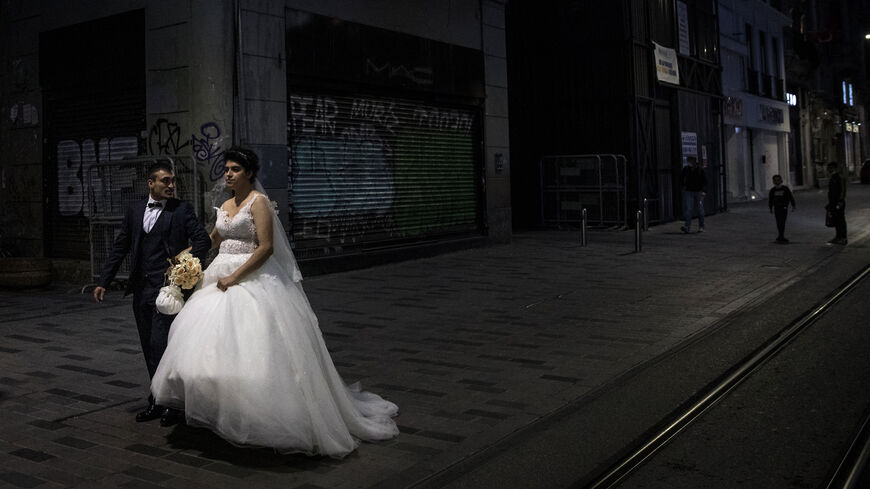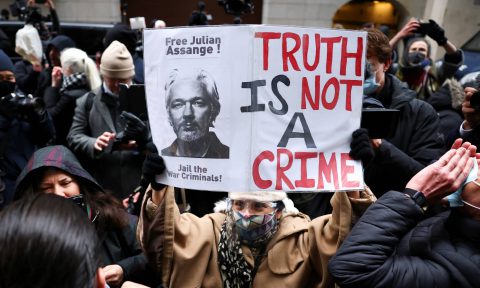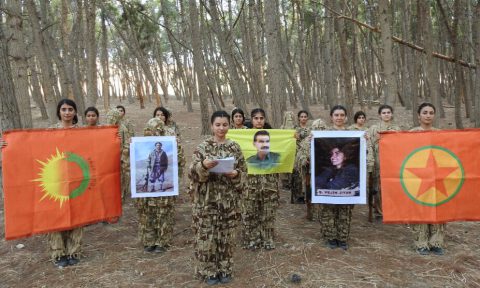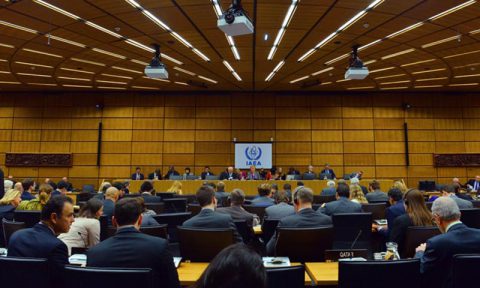Amberin Zaman
Justice remains elusive for Metin Kilicaslan, a wedding singer from the mainly Kurdish province of Siirt in southeast Turkey who’s been languishing in a Turkish prison since 2015 on charges of membership of the outlawed Kurdistan Workers Party (PKK).
He tracks his days spent in jail by his daughter’s birthdays. She was newly born when Kilicaslan was hauled away into the sort of legal inferno that has beset Turkey’s increasingly politicized, massively overburdened and cruelly arbitrary judicial system.
The evidence used to convict Kilicaslan, 31, includes mobile text messages in which a friend tells him, “There’s a wedding in our neighborhood.” He responds, “I know bro.” The exchange was declared a secret code used to organize a terrorist plot. Kilicaslan’s lawyer, Cihan Toprak, called the case against him a “mockery of justice.”
Kilicaslan’s troubles date back to 2013, when Kurdish youth hurled rocks at security forces across the predominantly Kurdish southeast region to protest their heavy-handed tactics and to signal support for the PKK. He was arrested along with 25 others, many of them juveniles, on charges of violently resisting police, organizing illegal demonstrations and throwing Molotov cocktails and similar devices to attack police. The charges were overturned by a regional court, but the same court upheld the charge of membership of a terrorist organization, for which he was sentenced to 7.5 years.
There was no visual evidence to support any of the claims. The bulk of it rested on phone tapping by the police. Kilicaslan’s mobile phone was shown to have been connected to the cellular tower in the lower-income neighborhood in Siirt, where the unrest occurred. The fact was presented as proof of his culpability along with his text messages. “There was no video recordings or the like establishing his participation in or presence at any of these demonstrations,” Toprak said. “Metin is innocent.”
Under Turkish law, individuals convicted of terror crimes may be conditionally released after serving three quarters of their sentence. Kilicaslan has been eligible for parole since last month. However, the Supreme Court of Appeals has yet to rule on his case.
Adding to his misery, he was transferred to a prison in Bandirma, around 1,620 kilometers (1,000 miles) to the west of his native Siirt. “His family hasn’t been able to visit him for the past two years. It’s too far and too costly to go there,” Toprak said. “His spirts are really low.”
“This is a scandal, of course,” said Emma Sinclair-Webb, Turkey director for Human Rights Watch. “How many other people are losing years of their life in jail after getting convicted by lower courts on bogus terror charges and kept waiting in prison because their case file is held with thousands of others in the chamber of the Court of Cassation dealing with ‘crimes against the state’?”
One of the reasons for the delay is the huge number of cases sitting before the courts. They snowballed in the wake of the failed attempt in July 2016 by rogue officers to violently overthrow Turkish President Recep Tayyip Erdogan. Fethullah Gulen, a Sunni cleric based in Pennsylvania, is accused of masterminding the coup through his alleged disciples in the military.
Ozturk Turkdogan, the president of the Turkish Human Rights Association, reckons that at least 1.5 million criminal probes have been launched since the subsequent imposition of martial law, which was lifted in July 2018. “Hundreds of thousands of cases have been filed,” Turkdogan said. As many as 60,000 political prisoners are currently serving prison sentences, many on thinly evidenced terror charges.
The system is overwhelmed with thousands like Kilicaslan awaiting rulings from the Court of Appeals. Yet when it comes to high-profile cases such as that of Selahattin Demirtas, the former co-chair of the pro-Kurdish People’s Democratic Party (HDP), the wheels of justice spin exceptionally fast, with verdicts ensuring their incarceration swiftly delivered by appeals courts, noted Brussels-based human rights lawyer Ali Yildiz.
The double standard was blatant in the case of Omer Faruk Gergerlioglu. The HDP lawmaker was accused of spreading terrorist propaganda for retweeting an article calling for the peace process between the government and the PKK to resume. It took no more than a month for the appeals court to uphold the sentence and he was stripped of his parliamentary seat and sent to jail.
A new measure adopted in April 2020 has made matters even worse for people like Kilicaslan. It mandates that prisons establish committees that convene every six months to assess the behavior of inmates before they can avail themselves of parole. “The system is designed to wrest confessions, to discourage defendants from appealing their cases,” Turkdogan said.
Even before the botched coup, bogus charges were piling up particularly against Kurds viewed as sympathetic to the rebels. “Prosecutors were obsessed with the idea that everything was conducted in code. I have come across many such cases,” recalled Sinclair-Webb. In one such instance evidence against two juveniles accused of terror links included a text message that read, “Will there be meat at the wedding?”
“They were actually talking about girls,” Sinclair-Webb said.
Starting around 2009, when alleged Gulenist officials held sway in the security services, wiretapping suspects’ telephones became a pervasive practice to establish and in some cases outright manufacture guilt. People who joined demonstrations and other rights’ convention-protected activities were treated as members of or acting on behalf of terror groups. Similarly flimsy evidence is now being used to convict perceived enemies of the state of all hues, with alleged Gulenists and Kurds bearing the brunt of the its wrath.










